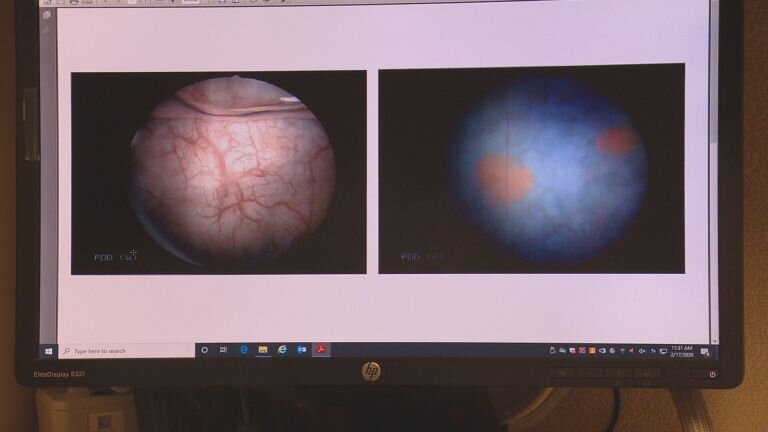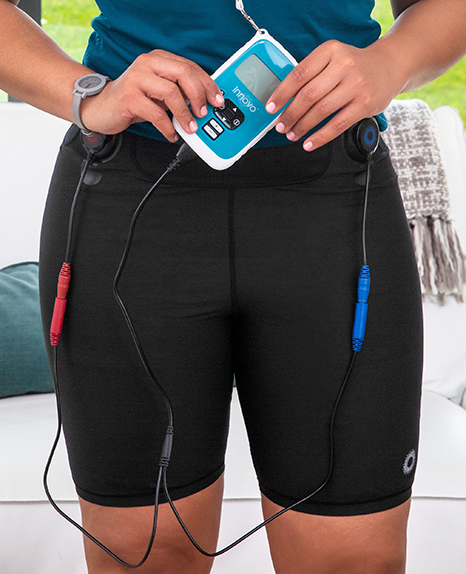Bladder Health Awareness Month

Bladder Health Awareness Month November is National Bladder Health Awareness Month, and the team at the National Association for Continence is launching a major campaign to reach as many patients as possible with important messages promoting bladder care and treatments. As part of this campaign, we’re inviting you to join the effort and share the […]
The Emotional & Physical Toll of IBD

4th Annual Patient Survey As with urinary incontinence, bowel incontinence is embarrassing and perhaps even harder to talk about. At NAFC, we have worked hard on our 4th Annual Patient Survey, (this one on bowel health) to better understand how patients cope with their condition, what patient’s journey to care is and understand the needs and […]
NAFC Launches the “Life Without Leaks” Podcast

The National Association for Continence, the nation’s leading advocate for those living with bladder and bowel disorders, announced today the launch of the “Life Without Leaks” podcast.. The bi-weekly series offers patient-friendly, in-depth information and insights on the management and treatment of incontinence. The podcast features conversations with accomplished physicians, therapeutic innovators, patients learning to […]
NAFC and Surgical Review Corporation Join Forces to Recognize Excellence in Continence Care for Women

National Association for Continence and Surgical Review Corporation Join Forces to Recognize Centers of Excellence in Continence Care for Women Charleston, SC (July 1, 2020) – The National Association for Continence (NAFC), the nation’s leading advocate for individuals with bladder and bowel conditions, and Surgical Review Corporation (SRC), an internationally recognized quality improvement and accreditation […]
TREATING URINARY INCONTINENCE IN WOMEN WITHOUT SURGERY

A new systematic review of the nonsurgical treatments for urinary incontinence has recently been completed by PCORI (Patient-Centered Outcomes Research Institute), an organization that funds research that can help patients and those who care for them make better-informed decisions about the healthcare choices they face every day. PICORI’s research is guided by patients, caregivers, and […]
Caring For Incontinence During COVID19

Dear Healthcare Professional: Please accept our sincerest thanks for everything you do for the health and well-being of the patients you serve. There aren’t many silver linings to be found in the COVID-19 crisis, but if there is one, it may be that we’ve all been reminded not only of how essential our medical professionals […]
NEW TECHNOLOGY SHEDS LIGHT ON BLADDER CANCER

By Kathy Walsh February 17, 2020 at 6:11 pm DENVER (CBS4) – More than 80,000 Americans are expected to be diagnosed with bladder cancer this year. A cutting edge diagnostic tool is now improving the outcomes for patients. The technology helps detect and treat the cancer by lighting up the tumors. Carol Romesburg is a survivor. “Tough […]
Increasing Awareness Of Behavioral Therapy as part of an overall incontinence treatment plan

In our NAFC annual survey with over 2000 patient responses, only 33% had tried behavioral therapy. The vast majority were using absorbents and/or medication. We heard in many responses that patients wished their doctor had educated them more about other treatment options. Many wanted to know more about physical therapy, but didn’t know how to […]
1st Annual NAFC survey finds social stigma hold back over 50% of patients from talking to their doctor.

FOR IMMEDIATE RELEASE Contact: Steven G. Gregg, PhD (914) 582-1731 [email protected] NAFC expected to release full results of the survey in September 2019 in an effort to help patients and HCPs work together to break the stigma that still plagues bladder and bowel health conditions. Charleston, S.C. (August 25th 2019) In early 2019, NAFC […]
Stress Urinary Incontinence & How To Determine The Best Candidates For INNOVO

Healthcare Professional Guide About Stress Urinary Incontinence Stress Urinary Incontinence (SUI) is the term used when leaks accidentally occur after pressure on the bladder from coughing, sneezing, laughing, or exercising. These simple movements put pressure on the bladder and, should the pelvic floor muscles be unable to tighten enough, will cause an involuntary leak. SUI […]








